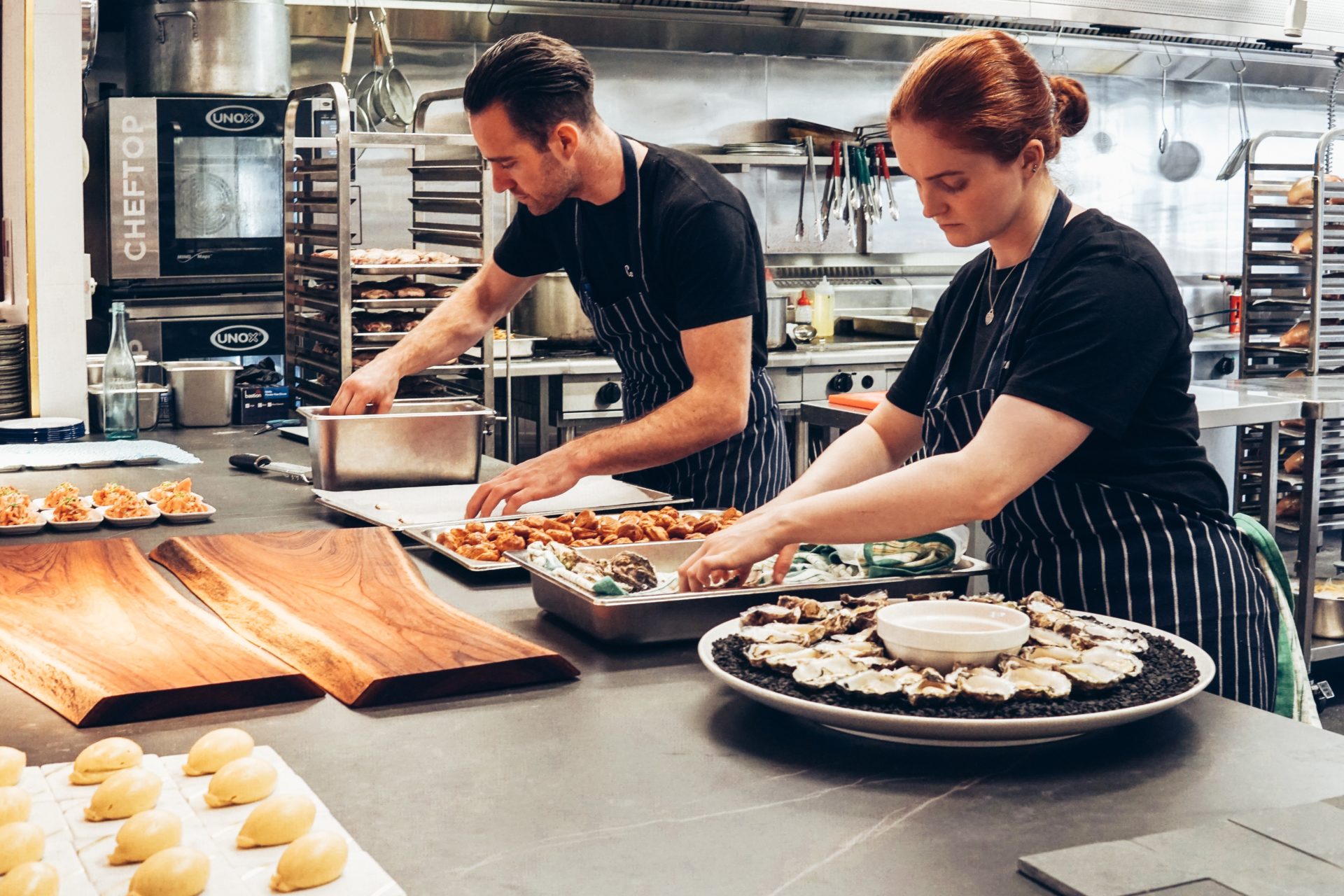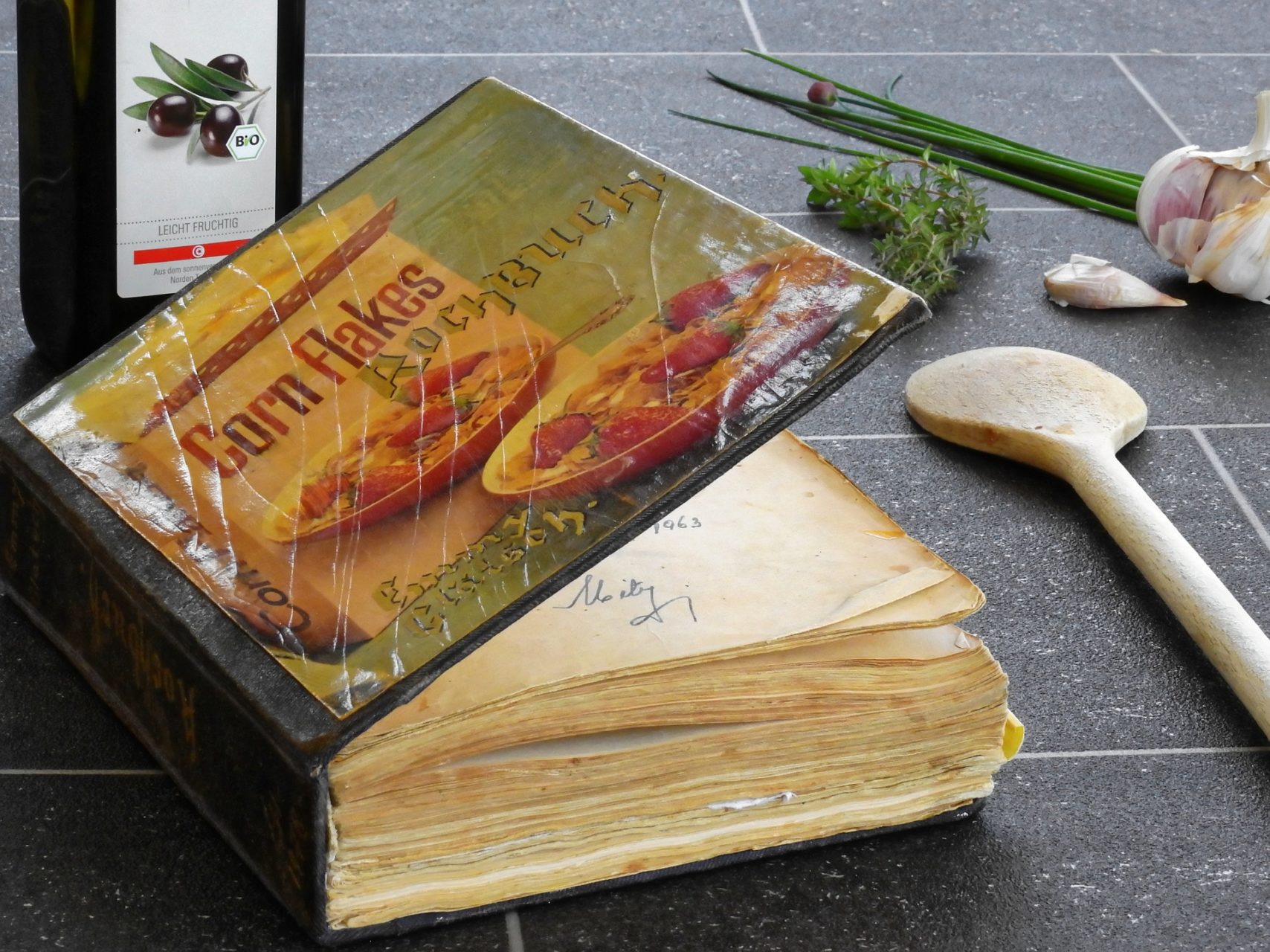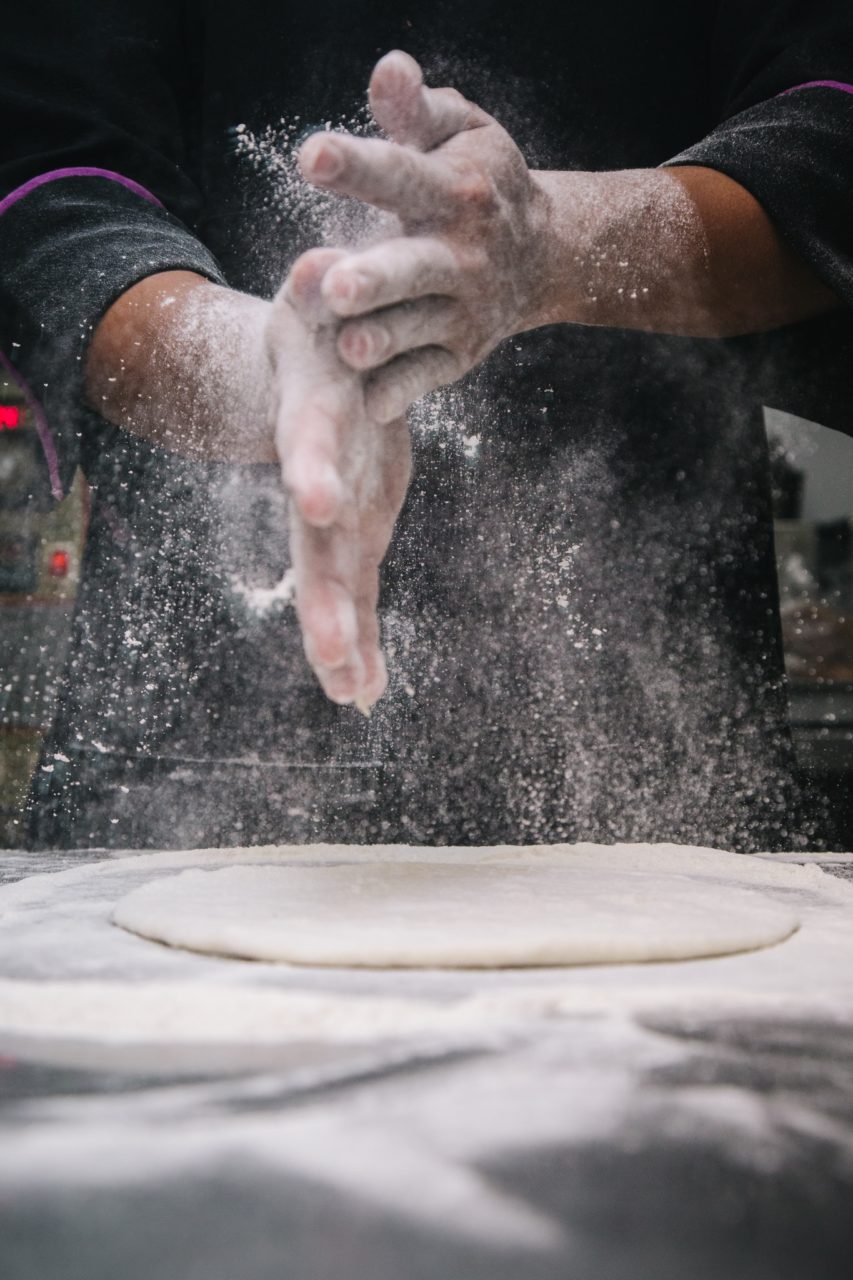
Did you ever go to a restaurant, adore the food, bought a cookbook with their restaurant recipes, and try to recreate what you had? If you did in hopes of getting the same dish you loved eating, you might have noticed that it didn’t really live up to your expectations. It’s disappointing, to say the least.
Many restaurant-goers seek out dupe recipes that claim to taste “just like” their favorite meals, only to have their hopes dashed by dinnertime. Believe it or not, there are several reasons as to why the home-cooked restaurant versions never seem to taste right…

Flats
In most restaurants, recipes aren’t done dish by dish. Many restaurant meals are prepped in bulk batches called “flats,” then are put together and cooked when it’s time to serve them. The bulk preparation means that ingredient quantities aren’t always going to match up with the smaller portions one would use in a regular home-cooked meal.
While restaurant recipe books can try to give similar proportions, the truth is that it’s exceedingly hard to nail down that exact flavor when you’re going from kilograms to cups. Large batch cooking also means cooking times differ, which in turn, can cause food to have a slightly different texture as well.
Technology
I’ll be honest—restaurants are kind of cheating when it comes to the way they prepare food. Most people don’t have the type of technology that restaurants rely on at home. They have sous vides that are designed to cook meats and stews to perfection. They have high-grade food processors. Some even have equipment that lets you vaporize food!
If you’re looking to recreate food made in a super-techy restaurant, you’ll be disappointed. The recipes in their cookbooks are designed for home use, and therefore won’t use the same methods. As a result, the food will rarely (if ever) taste the same.

Trade Secrets
If you were a restaurant owner who was famous for a particular dish, would you ever give that recipe away? Of course not! It would be foolish to publish it anywhere, because competitors would want to get a sneak peek at it. It also would potentially hurt your restaurant’s ability to keep clients in the door.
Even if restaurants do put together epic cookbooks, it’s extremely rare that you’ll find a recipe that’s pulled directly from the kitchen for this reason. It simply doesn’t make financial sense to do so. What usually happens with the “from the kitchen recipes” is that the writers of the book tend to leave our an ingredient that gives it flavor, or make subtle changes to the recipe. This will make the food taste good, but not taste identical to the stuff you enjoyed at the table.

Skill
Finally, the last reason why restaurant recipe books tend to disappoint is because of the skill level they’re written for. Chefs undergo years of training to learn how to prepare the dishes we adore, and so do most kitchen staff. Most restaurant-goers don’t have any formal training in culinary arts.
Chef-level cookbooks are a whole ‘nother animal compared to the ones you pick up at Whole Foods. In order to make restaurant recipes seem approachable to the masses, writers of cookbooks have to change some of the techniques and terms used in them. This, unfortunately, often takes away from the quality of the food.
Though it may seem like I’m bashing restaurant cookbooks, I’m really not. They offer a great way to learn how to make awesome meals and also act as a great gift for fans of upscale dining. However, it’s important to realize that you can only do so much in a typical kitchen—and cookbook writers have to work with what you have available to you, too.